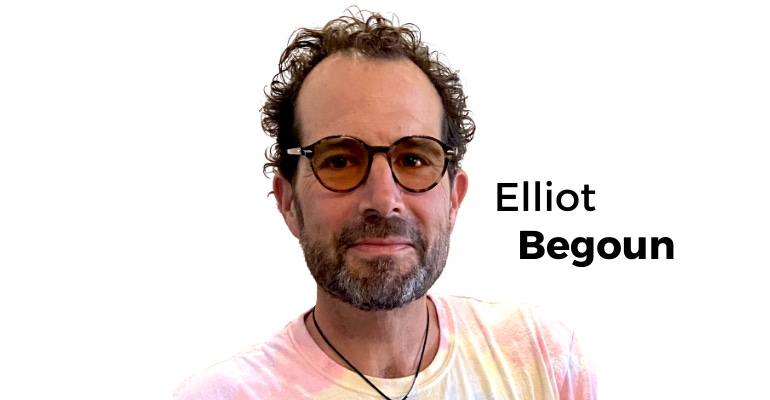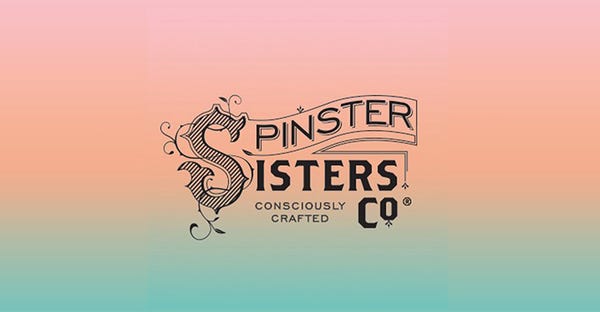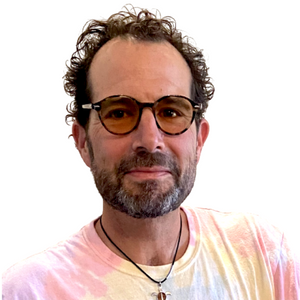Fundraising in real life: Spinster Sisters' fruitless search
Kelly Perkins' personal care products business shows strong margins and growth. So why can't she find investors to help her scale the brand?

I've been writing a lot about the fundraising challenges of early-stage brands. I've shared my belief that we are stepping over great brands and good businesses in pursuit of the elusive unicorn. I've offered my hypothesis that with the development of innovative structures and terms, it is possible to derive as good a return from investing in singles and doubles as in the grand slams.
However, nothing does a better job of making an argument than real life. Here's the story of the Spinster
Kelly Perkins founded Spinster Sisters a decade ago. Concerned with the toxins we were putting on our bodies, she set out to provide an alternative. Perkins built a manufacturing facility in Golden, Colorado, and began making soaps, body butters, bath bombs and more. She sold to boutiques and other specialty outlets for most of her early years. That changed a couple of years ago, and you can now find Spinster Sisters products in many conventional and natural outlets.
In 2022, Spinster Sisters launched its free-from line of products. These are products that are not only free from any potentially harmful ingredients but also plastic packaging harmful to our climate. In addition, in 2022, Spinster Sisters became a B-Corp.
Perkins gave me permission to share a few more specifics: Spinster Sisters' revenue in 2022 was roughly $2 million. The expectation is to double that in 2023 behind the growth of the free-from line. Those products are available in divisions of Kroger and Whole Foods. The brand launched with the Grove Collaborative in Q4 and will roll out in other key natural and conventional retailers in Q1. Margins are strong, and the overall unit economics of the business support profitable growth. Spinster Sisters hovers between breakeven to slightly EBITDA positive.
Admittedly, this brand is unlikely to rocket to $100 million in revenue in the next three to five years. It does, however, have a clear path to $20 million+ while being EBITDA and cashflow positive.

Except for two equity crowdfunding campaigns, Perkins has bootstrapped the business. Recognizing that she needed growth capital, she decided to jump on the fundraising hamster wheel. After 88 investor meetings, she is left wondering what she is doing wrong. This is where I get frustrated. This is why this industry is failing our founders. She is not doing anything wrong. In fact, she is doing it right by building a nimble, capital-efficient, resilient business.
The outcome of almost every investor meeting ends with one of three common refrains: "You are too early; come back when you hit $5 million." "I don't know health and beauty." "I don't see this as a venture backable business."
I will respond to each of the above. You can't get to $5 million in revenue without the capital to support that growth. Perkins doesn't need investors with health and beauty expertise. She needs investors who can help her scale, investors who can provide guidance around infrastructure, brand building and organizational design. These things are not category specific.
Lastly, Spinster Sisters may not fit the typical venture model. But that does not make it a bad investment. This is my entire thesis. I am not vilifying the unicorn or the venture capital that backs it; we need both. As an industry, we need entrepreneurs like Perkins and brands like Spinster Sisters. It is what the consumer is demanding. For Perkins to succeed, she needs access to capital. With the proper structure and terms, we can fund companies like Spinster Sisters in a way that delivers a good return on investment.
I am not just writing about this; I am funding it. The TIG Venture Community, a small but mighty rolling fund, demonstrates this approach's viability. Join me in funding entrepreneurs like Perkins and brands like Spinster Sisters. Not out of altruism but because they are good investments.
Elliot Begoun is a 30-year industry veteran, author, podcast host, founder of TIG Brands, and champion of Tardigrades. Learn more about TIG Brands' programs here.
Have some big ideas or thoughts to share related to the natural products industry? We’d love to hear and publish your opinions in the newhope.com IdeaXchange. Check out our submission guidelines.
Read more about:
IdeaXchangeAbout the Author(s)
You May Also Like




